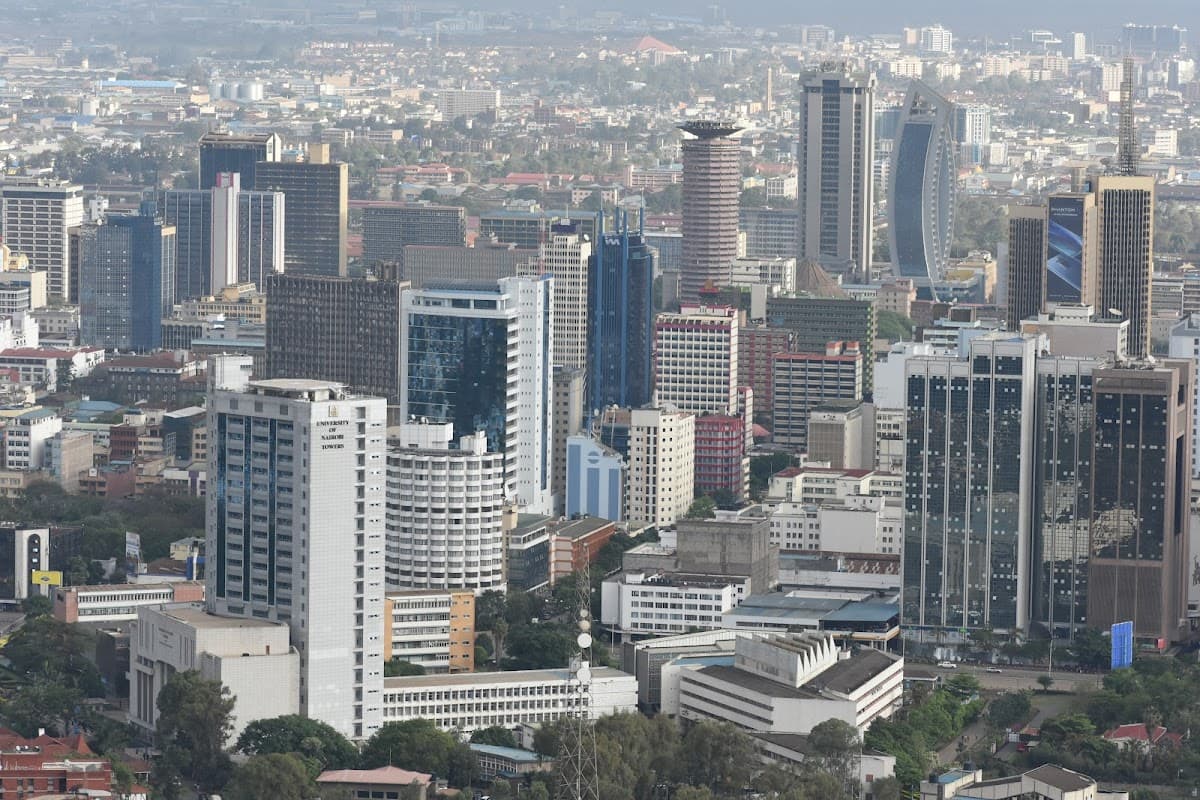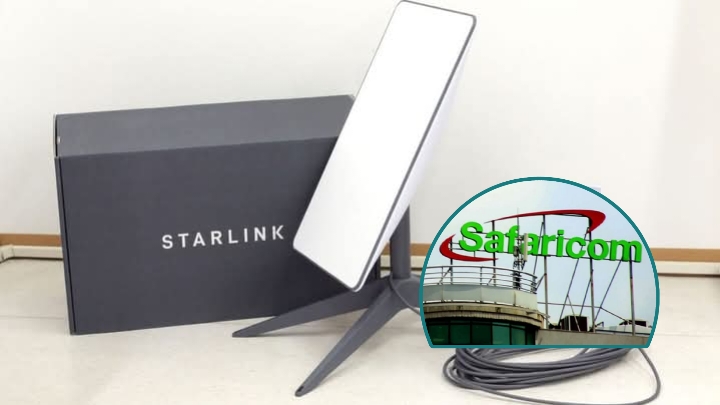Tesla Billionaire Elon Musk's SpaceX Satellite Internet Provider Starlink has experienced rapid growth in the Kenyan internet market, doubling its market share within three months and Establishing it's foothold in the country, giving local Internet Providers a run for their money.
According to the Communications Authority of Kenya (CA) Statistics Report for Q1 2024-2025, starlink Market Share has doubled from 0.5% to 1.1%.
The SpaceX satellite internet provider saw its subscriber base increase from 8,063 in June to 16,786 by September 2024, positioning it as the eighth-largest internet service provider in the country just months after entry into the East African Country's Market.
This surge reflects the rising demand for high-speed internet in underserved areas, where Starlink’s satellite-based solutions have proven particularly valuable
However, Starlink's rapid expansion has attracted regulatory attention, with the Communications Authority of Kenya contemplating higher licensing fees for satellite internet providers.
The Communications Authority of Kenya (CA) has proposed new regulations that would require satellite communication service providers, including Starlink, to pay up to 0.4 percent of their gross annual turnover or a minimum of Sh4 million annually, plus a one-time license fee of Sh15 million.
This represents a significant increase from the current fee of $12,500, with the new licensing structure combining satellite landing rights (SLR) with landing rights license (LRL) to expand service offerings including terrestrial cables, satellite hubs, and space research capabilities.
The proposal seeks to merge two existing license categories, the Satellite Landing Rights (SLR) and Satellite Communication Landing Rights (SCLR), into a new, consolidated ‘Landing Rights License’.
According to CA, the changes will promote technology neutrality, allowing service providers to transmit signals into Kenya using any technology.
Additionally, the authority intends to encourage and diversify investment in the sector.
“This change aims to ensure technology neutrality and allow investors to land signals using any technology,” the Authority stated.
The regulatory changes come as Starlink's entry into Kenya's market in July 2023 has dramatically impacted the internet landscape, with satellite internet subscribers increasing by 1,301 percent to 8,324 users by June 2023.
Kenyan fixed Internet speeds increased by 18.5% to 11.59 mbps in October 2024 from 9.78 mbps in January, following Elon Musk's Starlink entry in July 2023, which sparked competitive improvements among local providers.
Market leader Safaricom responded by raising bandwidth and introducing 1,000 mbps speeds for the first time.
The heightened competition has driven significant market changes: subscribers using 100-1000 mbps connections increased by 53% to 15,226 by June, while overall fixed Internet users grew 13% to 1.5 million. Starlink captured 0.5% market share with 8,324 users by June, up from 405 in 2023.
The competitive environment has improved consumer welfare, with Internet usage increasing from 32.7% to 40.8% of the population, and daily online time rising to 4 hours 49 minutes from 4 hours 17 minutes, without corresponding price increases.
Building on the surge in Kenyan internet speeds ignited by Starlink's arrival, the underlying sentiment amongst Kenyan consumers is a mix of excitement and skepticism directed primarily at the market's dominant player.
The prevailing narrative, as evidenced by widespread online discussions and social media chatter, questions the timing and motives behind these upgrades:
If this capacity existed all along, why was it withheld?
Historically, internet infrastructure development, driven by initiatives like the SEACOM and TEAMS undersea cables in 2009, has been a cornerstone of Kenya's Vision 2030, aiming to transform the nation into a middle-income country.
This current wave, fueled by private sector competition such as starlink, could be the catalyst that propels Kenya further along that trajectory, fostering a more robust and digitally empowered economy.
Poised for significant participation in the global digital marketplace, and with the potential to drive both innovation and socio-economic inclusion in the region.
While Starlink's presence has led to improved internet speeds and competitive pricing across the sector, it has also faced opposition from established players like Safaricom, which has urged the CA to require foreign providers to partner with local operators.
With Starlink revolutionizing internet access and catalyzing exponential growth in satellite connectivity, the move highlights Kenya’s ambition to regulate a burgeoning market while addressing competitive disparities.
Yet, it also raises critical questions about whether such regulatory costs could deter global innovators or hinder accessibility for underserved regions.
In an age where connectivity defines competitiveness, how can African regulators strike the delicate balance between fostering innovation and protecting local industry without compromising affordability and inclusion?
Meanwhile, Safaricom PLC remains the dominant player in Kenya’s internet market, holding a 36.6% market share with 575,835 subscriptions.
Jamii Telecommunications Ltd. Is second with a 24.4% share and 384,616 subscriptions.
Other notable providers include Wananchi Group (16.8%), Poa Internet (12.6%), Mawingu Networks (2.8%), Vilcom Network (1.8%), and Dimension Data Solutions East Africa (1.1%).
Safaricom PLC and other Local Internet Service Providers in the East African Country have been opposed to Starlink's Pricing model.
The satellite internet service, has emerged as a cost-effective internet solution in Kenya, offering lower monthly subscription rates than leading fixed internet service providers.
Although Starlink's pricing is dynamic and contingent upon market conditions, its competitive rates have already begun to disrupt the existing internet service provider industry with Kenyans now dumping Safaricom's home fibre internet in favor of the Space X Satellite Internet due to it's affordability, reliability and Speed.







